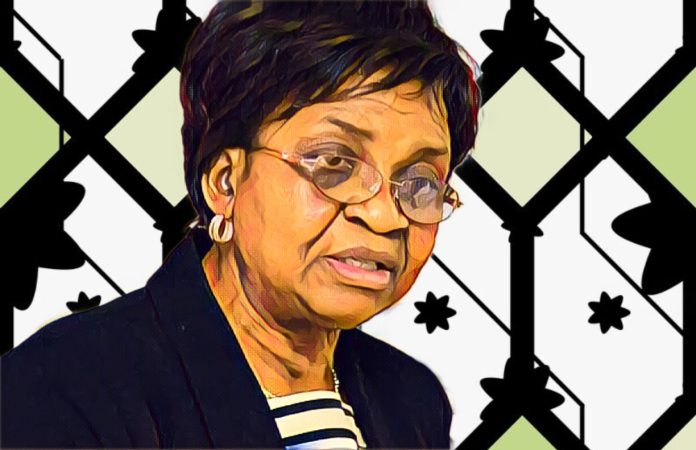KEY POINTS
-
NAFDAC destroyed fake and expired drugs worth N15 billion in Oyo State.
-
The agency said the destroyed products included tramadol, codeine, and vaccines.
-
Authorities pledged stronger enforcement to stop fake drugs from re-entering markets.
The National Agency for Food and Drug Administration and Control destroyed fake, expired, substandard, and falsified drugs worth N15 billion on Thursday in Ibadan, Oyo State.
The exercise, carried out at the state capital, was announced by the agency’s Director-General, Professor Mojisola Adeyeye, who said the move was part of NAFDAC’s continuous efforts to protect public health.
Adeyeye, represented by the Director of Investigation and Enforcement, Martins Iluyomade, said the agency remained committed to ensuring that medicines, food, cosmetics, packaged water, chemicals, and medical devices available to Nigerians are safe, effective, and of the right quality.
Fake drugs destroyed in Oyo State
Adeyeye stressed that medicines remain a core focus of NAFDAC’s regulatory mandate, and that the agency enforces strict guidelines on licensing, sales, and distribution. She disclosed that the destroyed items included counterfeit, expired, unregistered, and banned drugs such as Analgin, Cocodamol, codeine-based cough syrups, tramadol, oxytocin, and a variety of vaccines.
She explained that the combined street value of the destroyed items was estimated at N15 billion. According to her, destroying the stockpile was necessary to eliminate any chance of the products resurfacing in markets across the country.
NAFDAC reaffirms fight against fake drugs
The agency’s chief also commended the collaboration of security agencies and professional bodies. Among those acknowledged were the Nigeria Police, Nigerian Army, Department of State Services, NDLEA, Civil Defence Corps, and the Pharmaceutical Council of Nigeria. Their support, she noted, had strengthened enforcement and ensured that the public remained protected.
Accoridng to Pucnh, Adeyeye further urged families and communities to avoid patronising unlicensed medicine dealers, warning that such purchases expose consumers to serious health dangers.
Speaking on behalf of Nigeria Customs Service chief Bashir Adeniyi, senior officer S.K. Tijani said Customs and NAFDAC maintain a strong partnership in curbing the circulation of fake and unwholesome drugs. He called for greater vigilance across all sectors to ensure criminal networks do not succeed in pushing counterfeit products into Nigerian markets.



